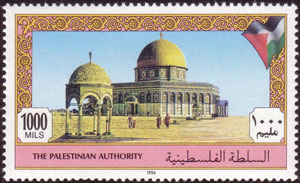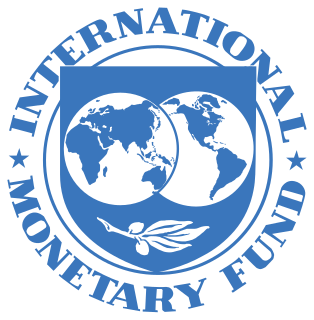An international reply coupon (IRC) is a coupon that can be exchanged for one or more postage stamps representing the minimum postage for an unregistered priority airmail letter of up to twenty grams sent to another Universal Postal Union (UPU) member country. IRCs are accepted by all UPU member countries.

New Zealand Post is a state-owned enterprise responsible for providing postal service in New Zealand.
Franking refers to any devices, markings, or combinations thereof ("franks") applied to mails of any class which qualifies them to be postally serviced. Types of franks include uncanceled and precanceled postage stamps, impressions applied via postage meter, official use "Penalty" franks, Business Reply Mail (BRM), and other permit Imprints (Indicia), manuscript and facsimile "franking privilege" signatures, "soldier's mail" markings, and any other forms authorized by the 191 postal administrations that are members of the Universal Postal Union.

This is a survey of the postage stamps and postal history of German East Africa.

Illegal stamps are postage stamp-like labels issued in the names of existing independent countries or territories used to defraud postal administrations, stamp collectors, and the general public. Often, but not always, a member nation of the Universal Postal Union (UPU) will have asked the UPU to issue of an "International Bureau Circular" advising others of the illegal stamps. According to the UPU, the market is estimated to be at least $500 million per year.

The postal history of Morocco is complex due to the country's political development in the 20th century. Mails were sent via post offices operated by the Sherifan post created by the Sultan, and by the European powers. After the partition of Morocco into French and Spanish protectorate and the international zone of Tangier in 1912, France and Spain established postal services in their respective zones.
The Nigerian Postal Service, abbreviated as Nipost, is a government-owned and operated corporation, is the Nigerian postal administration responsible for providing postal services in Nigeria. It has more than 20,000 employees and runs more than 5,000 post offices. The Nigerian Postal Service also have the following Business Ventures, EMS, Bulk Post Venture, NIPOST Central Workshop, Philatelic Services, Courier Regulatory Services, Parcel Post Venture and Nipost PostCash.

Croatian Post Inc., founded in 1999, is a business corporation in ownership of the Republic of Croatia. Croatian Post is a national postal operator of the Republic of Croatia. Post offices of the Croatian Post form one of the widest services and retail networks in the country. Apart from postal services Croatian Post offers also payment services, retail services and digital TV service in the whole territory of Croatia. Croatian Post is also one of the founders and a full member of the Association of European Public Postal Operators (PostEurop), while Croatia is a member of the Universal Postal Union (UPU). Croatian Post also issues postage stamps of Croatia.

The Palestinian National Authority began in 1994 to issue stamps and operate postal services as authorized by the Oslo Accords.

Mobile post offices deliver mail and other postal services through specially equipped vehicles, such as trucks and trains.

The Postal Union Congress is the main international meeting of the Universal Postal Union, used to discuss various issues affecting international postal services, such as legislation, the political climate, and other strategic issues. The first congress was held in Bern, Switzerland in 1874, and was attended by delegates from 22 countries, most of them European. The meetings are normally held every four years, although both World Wars have caused cancellations.
This is a survey of the postage stamps and postal history of Yemen.
Poste Niger is the government organisation responsible for the postal service in Niger. Niger is a member of the West African Postal Conference.

This is a survey of the postage stamps and postal history of Egypt.

This is a survey of the postage stamps and postal history of Ethiopia. Long an independent state in Africa, messages were originally carried by couriers called méléktegnas, who held the letters attached to a stick.
The following is a survey of the postage stamps and postal history of Somalia. From the late 1800s to 1960, northwestern present-day Somalia was administered as British Somaliland, while the northeastern, central and southern part of the country were concurrently administered as Italian Somaliland. In 1960, the two territories were unified as the Somali Republic.

Q-Post is the post office of Qatar. It is headquartered at the Doha Corniche. In 2009, it was announced that Qatar won the bid to host the 25th Universal Postal Union Congress (UPU) in 2012. The event was held from September to October 2012.

Kyrgyz Express Post is the postal operator of Kyrgyzstan that was granted the status of the second designated postal operator of Kyrgyzstan. The company was founded on March 16, 2012.

















